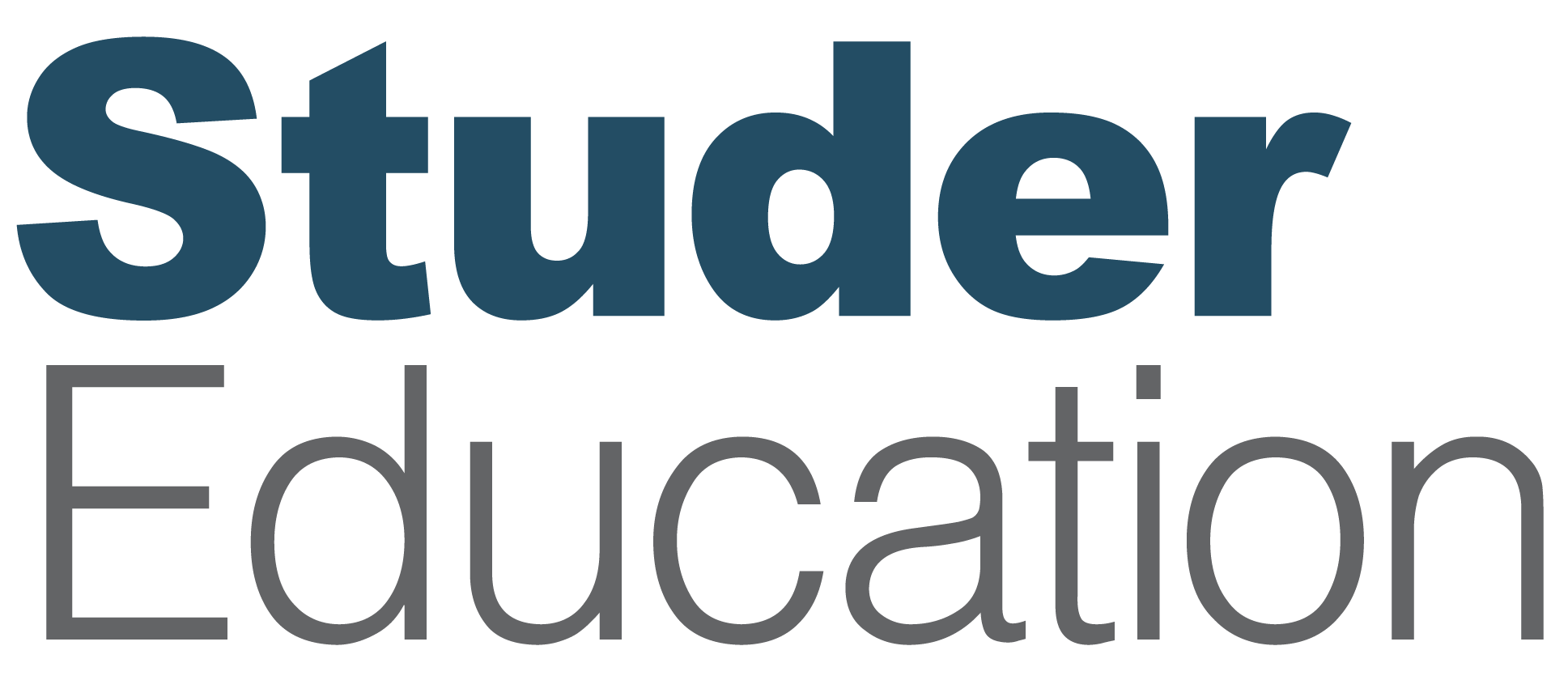Notice what’s right.
Leading from the middle is not easy. In the words of Quint Studer, middle managers have the “toughest job anywhere.” If you’re a mid-level leader who can relate to this feeling—good news—you don’t have to stay stuck here. In this episode, Quint shares practices from his book, The Busy Leader’s Handbook, to help guide leaders with the unique challenges they face.
This episode addresses questions, such as:
- What are three key actions for middle leaders to execute during times of disruption?
- What can leaders do today to become a great leader?
- Why is self-awareness critical to leadership?
You can contact Quint directly at Quint@quintstuder.com or purchase the Busy Leader Handbook online.
Related Resources
Busy Leaders
Being a great leader means getting the fundamentals right. It also means consistently doing the “little things” that make a positive difference in the lives of employees, customers, and other stakeholders. Quint Studer’s The Busy Leader’s Handbook: How to Lead People and Places That Thrive is a practical, easy-to-use book filled with gentle reminders of what we should be doing every day.
Three Positives for Every One Constructive Feedback
Receiving feedback is an emotional experience. We are also emotionally invested in our work. The results of our time and energy are direct reflections of our skills and knowledge. While delivering critical information is sometimes required, an ill-proportioned amount of negative feedback can be damaging to teams and individuals.
Mid-Level Leaders: Who Are They?
Who are the mid-level leaders in an organization, and why are they crucial to the organization's success? Dr. Robin Largue describes these valuable team members and their representation of executive leadership in this video.
Take a 360 Look
Feedback is Fuel for Self-Awareness. Like most people, you probably believe you have a good understanding of how other employees are perceiving you. Research tells us that we are likely to overestimate how competent we are, and there is most likely a gap between how we perceive ourselves and how others perceive us. Our own experiences, emotions and beliefs cloud our perception of ourselves. Our own experiences, emotions and beliefs cloud our perception of ourselves. Collecting feedback from a variety of people allows a more accurate look at your own effectiveness.

